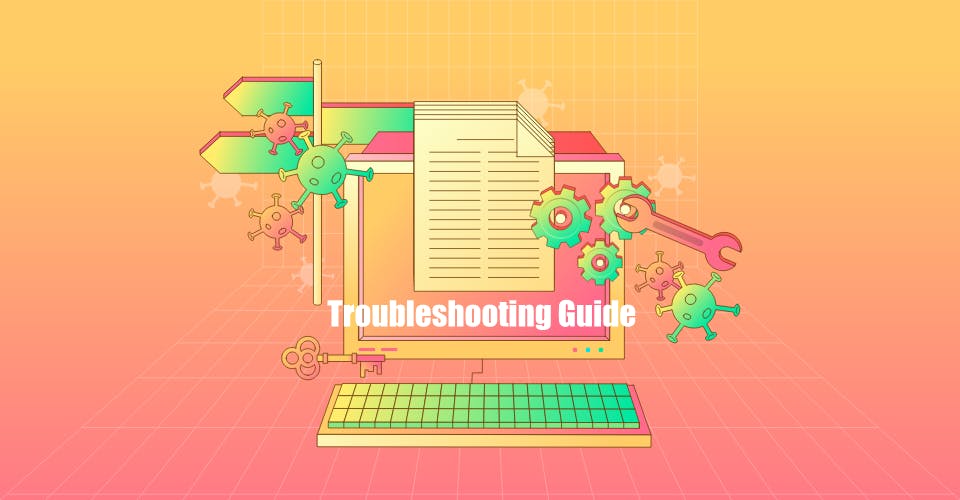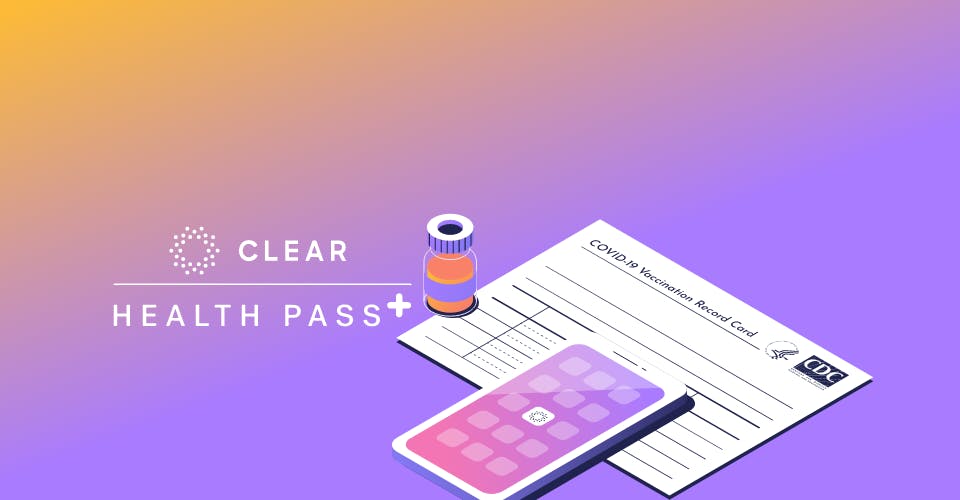Vaccination, especially against Covid-19, has become a huge topic of concern in the mainstream news over the past year. We practically hear about vaccine efficacy everyday in America now. In terms of U.S. immigration too, the issue of getting vaccinated has become a cause of concern. Indeed, getting an FDA approved Covid-19 vaccine has been added to the list of vaccines that immigrants need if they are to undergo a medical examination, and apply for permanent residence in this country.
If you look on the USCIS website, and go to the “Vaccination Requirements” section, you will see that Covid-19 has been added to the agency’s official list, and therefore the USCIS is requiring vaccination so that foreign nationals coming to the United States will help prevent the outbreak of such a disease.
Applicability
However, not all immigrants coming to the United States, or those who are already present in the country, are filing for an adjustment of status, and therefore not all immigrants or non-immigrants need to undergo mandatory vaccinations. In this post, we will break down which categories of immigrants and non-immigrants are subject to different rules by the USCIS.
For reference, the chart we will be using is found in the USCIS Policy Manual, under Chapter 3.
First off, immigrant visa applicants going through consular processing will always need to satisfy the vaccine mandates and requirements. Note that when a panel physician is going through their checklist, they use the listed diseases above as a reference. This means you cannot get past the medical exam without being inoculated against Covid-19 if you haven’t already done so. The same goes for domestic, U.S. based AOS applicants.
However, other U.S. based non-immigrants don’t have to satisfy vaccination requirements in most cases. For example, if you are already in the U.S. and are filing for an extension/change of non-immigrant status, you don’t have to undergo a new medical exam or vaccination round.
In addition, K visa applicants (fiancé visa), applying through the State Department, aren’t subject to vaccine requirements during that initial process. However, such K-1 visa applicants should note that when they apply for an adjustment of status in the U.S., they will then need to satisfy all of the vaccine requirements.
Children of returning residents entering the United States, or children of U.S. nationals are also not subject to vaccine requirements. For the full chart that is provided by the USCIS, please see the “Chapter 3” link above.














